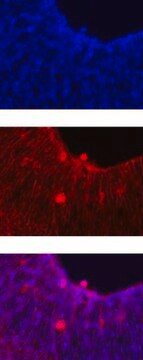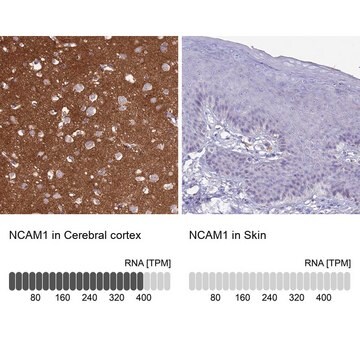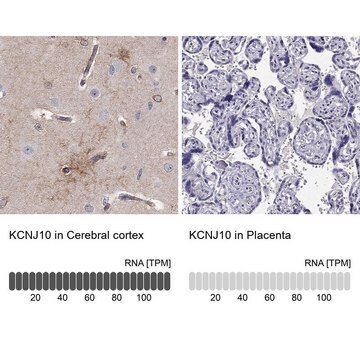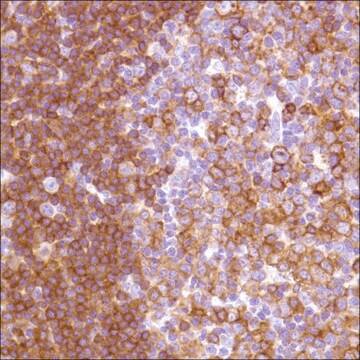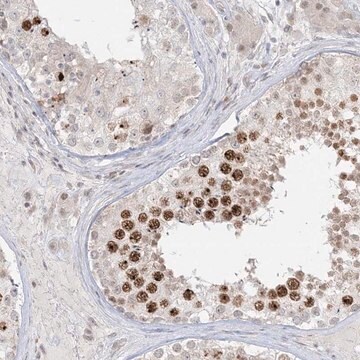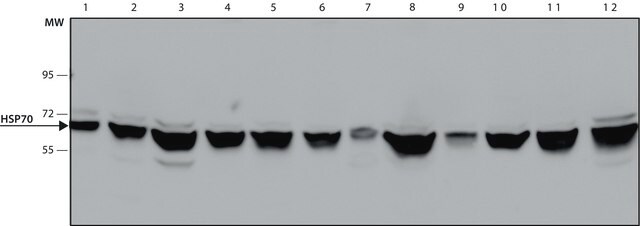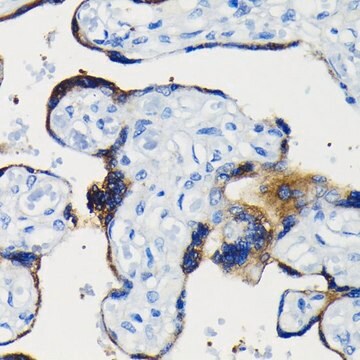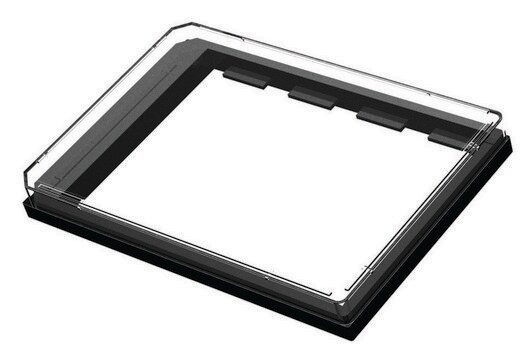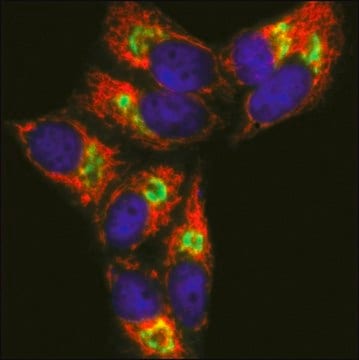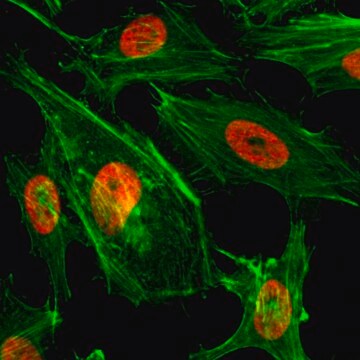SAB5200921
Monoclonal Anti-Notch1 - Percp antibody produced in mouse
clone S253-32, purified immunoglobulin
Synonym(e):
Anti-Motch, Anti-Neurogenic locus notch homolog protein 1, Anti-Neurogenic locus notch protein homolog, Anti-TAN1
About This Item
WB
western blot: suitable
Empfohlene Produkte
Biologische Quelle
mouse
Qualitätsniveau
Konjugat
Peridinin-Chlorophyll-Protein Complex
Antikörperform
purified immunoglobulin
Antikörper-Produkttyp
primary antibodies
Klon
S253-32, monoclonal
Form
buffered aqueous solution
Mol-Gew.
antigen predicted mol wt >270, ~120 kDa
Speziesreaktivität
mouse, rat, human
Konzentration
1 mg/mL
Methode(n)
immunocytochemistry: suitable
western blot: suitable
Isotyp
IgG1
NCBI-Hinterlegungsnummer
UniProt-Hinterlegungsnummer
Versandbedingung
wet ice
Lagertemp.
−20°C
Posttranslationale Modifikation Target
unmodified
Angaben zum Gen
mouse ... Notch1(18128)
Allgemeine Beschreibung
Immunogen
Biochem./physiol. Wirkung
Leistungsmerkmale und Vorteile
Physikalische Form
Haftungsausschluss
Sie haben nicht das passende Produkt gefunden?
Probieren Sie unser Produkt-Auswahlhilfe. aus.
Lagerklassenschlüssel
10 - Combustible liquids
WGK
WGK 1
Flammpunkt (°F)
Not applicable
Flammpunkt (°C)
Not applicable
Hier finden Sie alle aktuellen Versionen:
Analysenzertifikate (COA)
Leider sind derzeit keine COAs für dieses Produkt online verfügbar.
Wenn Sie Hilfe benötigen, wenden Sie sich bitte an Kundensupport
Besitzen Sie dieses Produkt bereits?
In der Dokumentenbibliothek finden Sie die Dokumentation zu den Produkten, die Sie kürzlich erworben haben.
Unser Team von Wissenschaftlern verfügt über Erfahrung in allen Forschungsbereichen einschließlich Life Science, Materialwissenschaften, chemischer Synthese, Chromatographie, Analytik und vielen mehr..
Setzen Sie sich mit dem technischen Dienst in Verbindung.